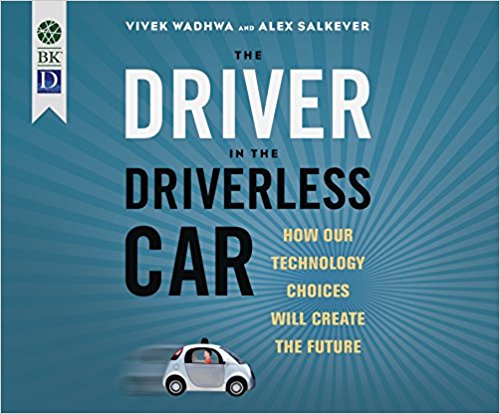[gallery ids="1287,1288,1286"]
Conditions the presage the leap into the future in any specific economic segment or type of service
- Systemic requisite:
Widespread dissatisfaction - latent or overt with the status quo
- Technology requisite:
Moore's Law
Cheap computers
- Cheap sensors - IOT
- increase in Connection speed
- Hand hosted AI
- IOT
software
- data connectivity
- Handheld computing
- Artificial Intelligence and Automation
Shift of discrete analog task into networked digital one
Five paradigms of computing
- Electromechanical
- Relay
- Vaccuum tube
- Discrete transistor
- Integrated circuits - Moores' Law
Current Concerns
- Speed of technology evolution versus speed of regulation - codified ethics
- Equality, Risks and Dependency versus Autonomy
Does the technology have the potential to benefit everyone?
- What are the risk and rewards?
- Does the technology more strongly promote autonomy or dependence?
cheap software based technologies inexpensively scaled to reach millions-billions
- the more revenue generated the more motivated developers would want to share it broadly
Future Concerns
- Biometric theft
- Merging of humans with computers
- Extent of Gene alteration that is socially acceptable - new class of humans differentiated by genetic differences
mitigating health risk
- higher intelligence
- better looks
- greater strength
- Privacy will be a thing of the pass
- Navigating technology trends as a navigator instead of a passenger
- Large scale drone attacks
Artificial Intelligence
- Definition: a cheap reliable industrial grade digital smartness running behind everything, Kevin Kelly, Editor of WIRED magazine
- Types
Narrow AI
- Strong/General AI
Watson
- Impact of existing human occupations
Doctors in health care
- Lawyers
Education
- Ancient Greece:
Socratic process whereby teacher guided students through the learning process by asking them questions
- Education was privilege reserved for the elites
- Middle Ages/Renaissance
Remained a priviledge
- process of learning became more rote
- more memorization
- Online Education
Example: Khan academy
- Researchers found people most likely to take advantage of online courses were those who need the least help
- LA Unified: giving each student a tablet failed to move the needle
- Minimally invasive Education, Mitra, New Delhi
NIIT building, Kalkaji slums
- Key component of the learning process was the group dynamic
- Self taught scholars learned as quick as school-bound peers
- Self directed learning - flipped model of education
teacher no longer broadcast information, write lesson plans or stand in front of classes lecturing
- teachers became coaches and guides to students needing additional help
- students consumed recorded lectures or videos online at their own pace and in their own time
- Teachers focus on judgment, nuances and emotional intelligence
Mores law and poverty
- Comparatively poorer parts of the world will be able to leap frog into more modern and efficient era
wireless mobile phones
- drones for deliver
- Solar energy power plants
- driver less cars
no need for traffic lights
- freeways
- Parking spaces
- USA has no monopoly on innovation
Driver less Cars
- Access versus ownership
- Baidu, Google, Tesla
- China
Bejing, Wuhu and Anhui
- Singapore
- city layouts become more flexible
- commuting is less a hassle
Current trends
- Plasma based water purification technology: kills 100% of bacteria and viruses
- Energy
Further readings
- How to create a mind: the secret of human thought revealed, Ray Krurzweil
- The inevitable, Kevin Kelly
- The internet of things: Mapping the value beyond Hype, McKinsey Global Institute
- Infinite Resource: The Power of Ideas on Finite Planet
- Abundance: The future is better than you think, Peter Diamandis
